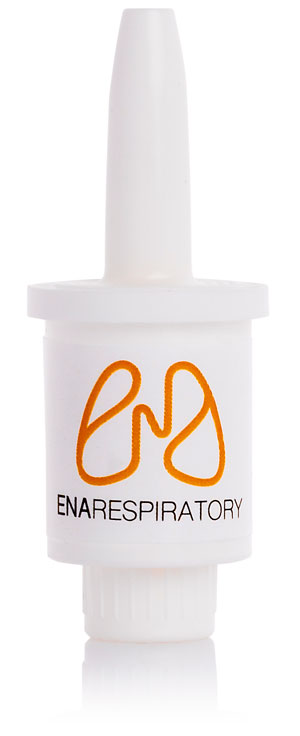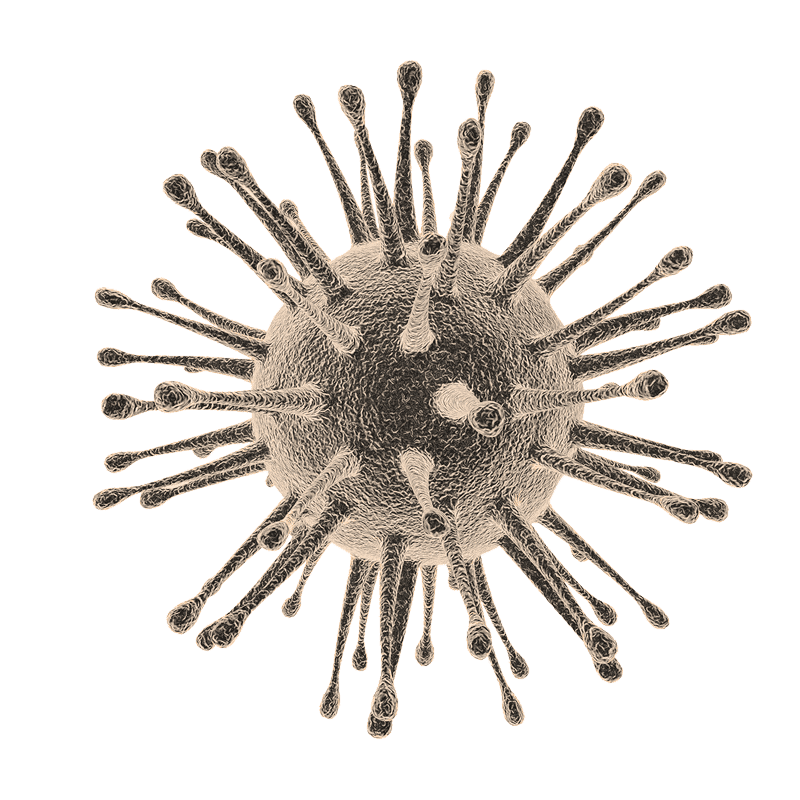ENA Respiratory Awarded $4.38 Million U.S. Department of Defense Agreement to Fund Development of Broad-Spectrum Antiviral INNA-051
- Goal is to add new medical countermeasure (MCM) against known and emerging viral respiratory threats
Melbourne, Australia – Clinical-stage pharmaceutical company ENA Respiratory has been awarded a $4.38 million USD agreement from the U.S. Department of Defense (DoD) to support ongoing research and development of INNA-051, a clinical stage first-in-class broad-spectrum antiviral innate immunomodulator, administered intranasally for the prophylaxis of respiratory viral infections and their complications.
The agreement was awarded by the DoD’s Joint Program Executive Office for Chemical, Biological, Radiological and Nuclear Defense, in collaboration with the Defense Innovation Unit (DIU). Funding will support studies to develop an intranasal dry powder formulation of INNA-051 and scale-up manufacturing processes.
“Populations at high risk of exposure or complications continue to be significantly affected by influenza, SARS-CoV-2, RSV and other respiratory viruses, driving increased hospitalizations and health care utilization,” said Christophe Demaison, Ph.D., co-founder and CEO of ENA Respiratory. “This agreement with the DoD recognizes the necessity of developing a broad-spectrum and fast-acting treatment to combat these debilitating viruses, and studying its use across a range of critical populations.”
The effort is expected to run for 12 months, paving the way to an Investigational New Drug (IND)-submission to the U.S. FDA aiming to support the Phase I bioequivalence study of an intranasal dry powder presentation of INNA-051. A dry powder formulation offers a number of advantages over the current spray solution formulation that will support deployment to distant or resource-limited settings and survival through the rigours of DoD logistics. INNA-051 was recently studied in a Phase 2a influenza challenge pre-exposure prophylaxis study, and results are expected soon. It was found to be well-tolerated in a Phase 1 study.
Effort funded by the U.S. Department of Defense’s Chemical and Biological Defense Program (CBDP), under Other Transaction Authority number HQ0845-23-9-0003 between ENA Respiratory Pty Ltd and the DoD. The U.S. Government is authorized to reproduce and distribute reprints for Governmental purposes notwithstanding any copyright notation thereon.
The views and conclusions contained herein are those of the authors and should not be interpreted as necessarily representing the official policies or endorsements, either expressed or implied, of the U.S. Government or the U.S. Department of Defense.
ENDS
Notes to Editors
If you would like to arrange an interview, please contact:
- Glenn Silver, Finn Partners, +1 973 818 8198, [email protected]
About ENA Respiratory and INNA-051
ENA Respiratory is aiming to transform the prevention of respiratory viral infections in populations at-risk of complications. The company is based in Melbourne and Sydney, Australia and it has secured a Series A investment from Brandon Capital Partners’ managed funds, the Minderoo Foundation, and Uniseed.
INNA-051 is a potent innate immune TLR2/6 agonist. It is currently in clinical development for self-administered intranasal delivery to target the primary entry site of viral respiratory infections as most respiratory viruses, including SARS-CoV-2 and influenza, initially infect and replicate in nasal mucosa epithelial cells. Fast-acting and inducing a durable biologic response supporting weekly administration, INNA-051 works by recruiting innate immune cells and priming epithelial cells of the nasal mucosa to respond more quickly to infections, rapidly eliminating viruses and other pathogens before they spread throughout the body. INNA-051 and close analogues have been shown in preclinical studies to be effective against multiple respiratory viruses, including SARS-CoV-2, influenza (H1N1 and seasonal H3N2), and rhinovirus.
Key features of INNA-051 intranasal administration include minimal or no systemic bioavailability, minimal or no systemic pro-inflammatory cytokine release, no direct type I interferon upregulation which is known to be associated with fever in humans, durable immune response supporting weekly administration, and compatibility with vaccine and intranasal corticosteroids.
For more information, please visit https://enarespiratory.com


